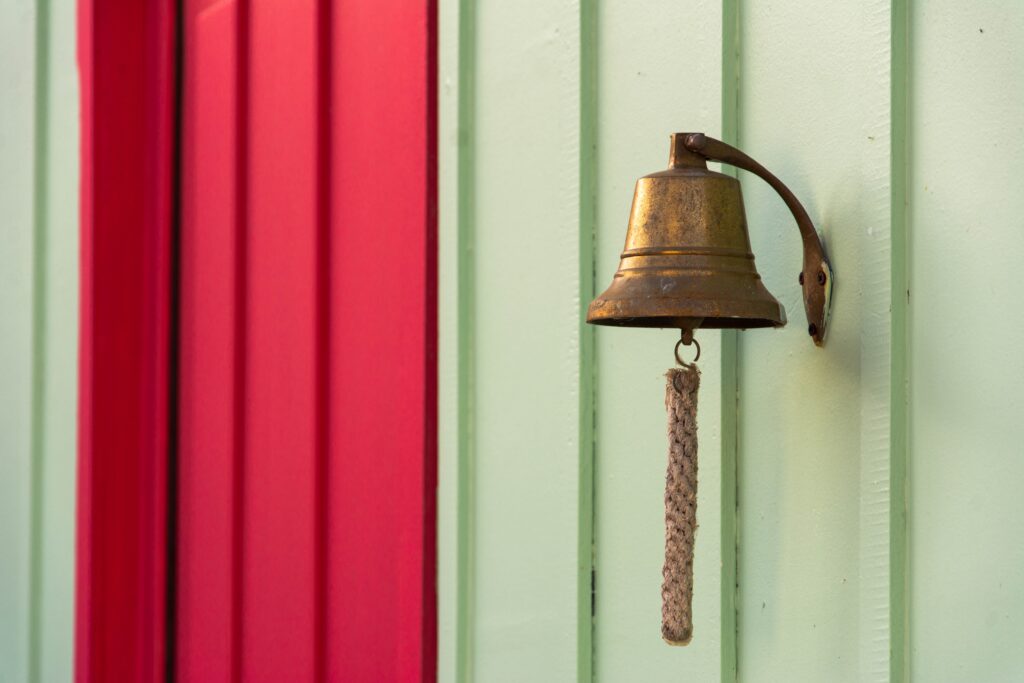Web push notifications demonstrate outstanding marketing and sales performance. While having a bunch of advantages, these communication channels have one flaw – it’s hard to persuade customers to “allow” them.
Types of web push notifications
Push notifications can be of different types.
Transactional. They report payment confirmation, order status, “back in stock” alerts and others.
Ex.: Thanks for your order! It has been placed for production. We will update you when it’s ready to ship!
Content. They tell about important events or about your products.
Ex.: We have a new collection of military boots coming up next week. Read the overview in our blog.
Promotional. They contain information about upcoming promotions, special offers, sales.
Ex.: Today deal – 10% discount on all red dresses. Complete purchase by the end of the day!
Triggered. They show up depending on the customer’s life cycle. For example, welcome the returning user, thank you for your purchase, remind you of an abandoned cart.
Ex.: Welcome back! It’s been a while. We have a new collection on sale. Take a look!
The benefits of web push notifications for eCommerce
Most sites that you visit offer you to subscribe to push notifications. This communication channel would not have been so popular if it had not been useful. Let’s sort things out.
Benefits for subscribers
Always up to date. Push notifications are the most convenient way to get useful information in front of your eyes. You do not need to check email to find out the news, or call the manager and specify the status of the order.
Easy to unsubscribe. As soon as you lose interest, you can unsubscribe from notifications with two clicks in the browser.
Not annoying. Pushes do not occupy the entire screen, do not interfere with viewing the site and do not block your actions in the browser. They can be easily closed or completely ignored.
The benefits for marketers
High conversion into subscribers. The user does not need to click on the “Subscribe” button and provide additional data. You can receive an email or phone number later. Paired with a special offer, conversion to a subscription reaches 20%.
No need for a mobile app. Companies spend a lot of resources on developing their own mobile applications. If you cannot afford it yet but want to interact with customers through their gadgets, you can set up push notifications in mobile browsers.
Easier to reach. The pushes come to the users, even if they closed your site long ago. Interaction continues after the session.
Fast content delivery. The notification comes to users when you click on “Send”. Plus, push notifications don’t fall into spam.
How to get more push notification subscribers
For eCommerce, the average push notification subscription rate is between 5 and 10 percent. Let’s figure out how you can improve your subscription rate.
- Use one-step opt-in. Your website needs to be HTTPS enabled in order to enable the one step opt-In.
- Find the right place. What will that be? Product page, checkout or a blog post? Test it in your store.
- Find the right time. This will depend on the landing page. The blog post will take more time to “like” you, while the product will take 5 seconds to get emotional.
- Offer a special deal to new subscribers. Nothing works better than an obvious profit. Exclusive information about an upcoming sale costs some attention.
- Let customers know that they can unsubscribe anytime. This erases the worry about being irritated by the span in the future.
- Run subscription campaigns along with ad campaigns on Google or Facebook. Convert new visitors into subscribers.
Push-notification stats in eCommerce Area
Based on PushCrew survey among active eCommerce businesses.
- The eCommerce industry takes the lead when it comes to Website Push Notification usage with more than 22.03% of Push Notification users belonging to this industry.
- 50.42% of General Audience said that Push Notifications are beneficial if they can choose to opt-in to websites or apps of their choice.
- Most of the top industries currently prefer to send notifications between 2 PM – 7 PM, on weekdays.
- More than 74% of the audience think that receiving more than 5 notifications in a day, is too many.
- 53.1% subscribers preferred notifications with Big Images over plain Push Notifications.
- 39.8% subscribers wanted more relevant and personalized notifications.
- 100% of marketers considered Rich Push Notifications important.
- Users didn’t consider sending notifications at odd hours as spamming. However, subscribers strongly believed otherwise.
- Most people believed that Push Notification users should send less notifications, and send personalized and relevant notifications.
Dive into Push-marketing with our brand new add-on Marketing Web Push Notifications for CS-Cart and Multi-Vendor
